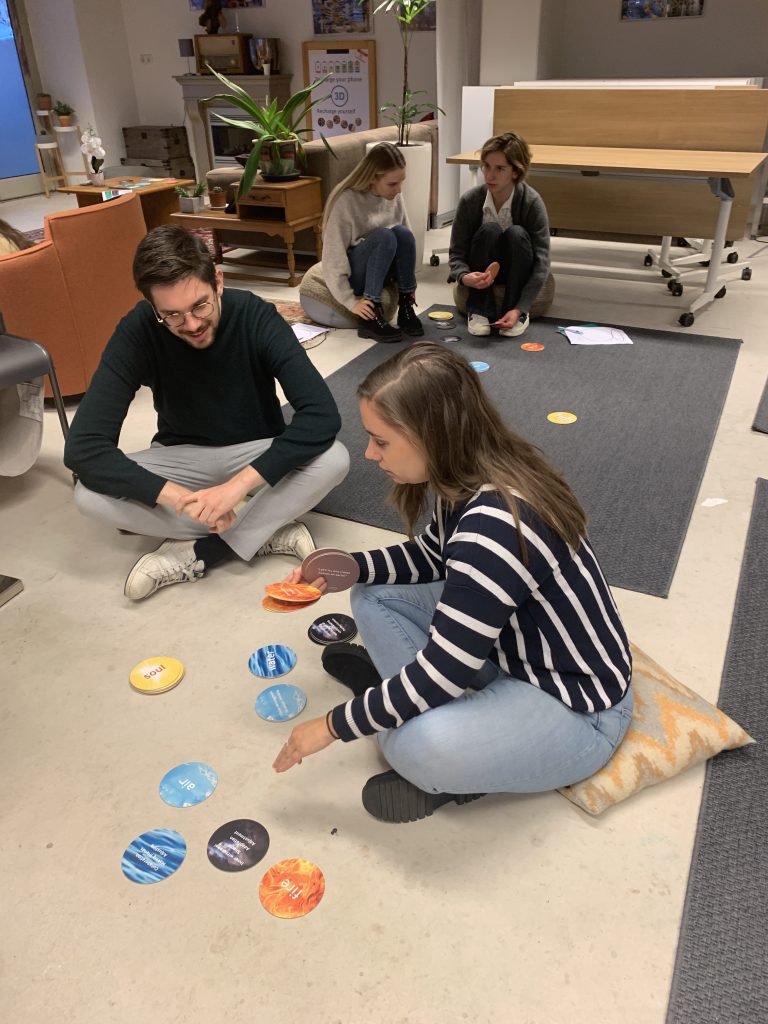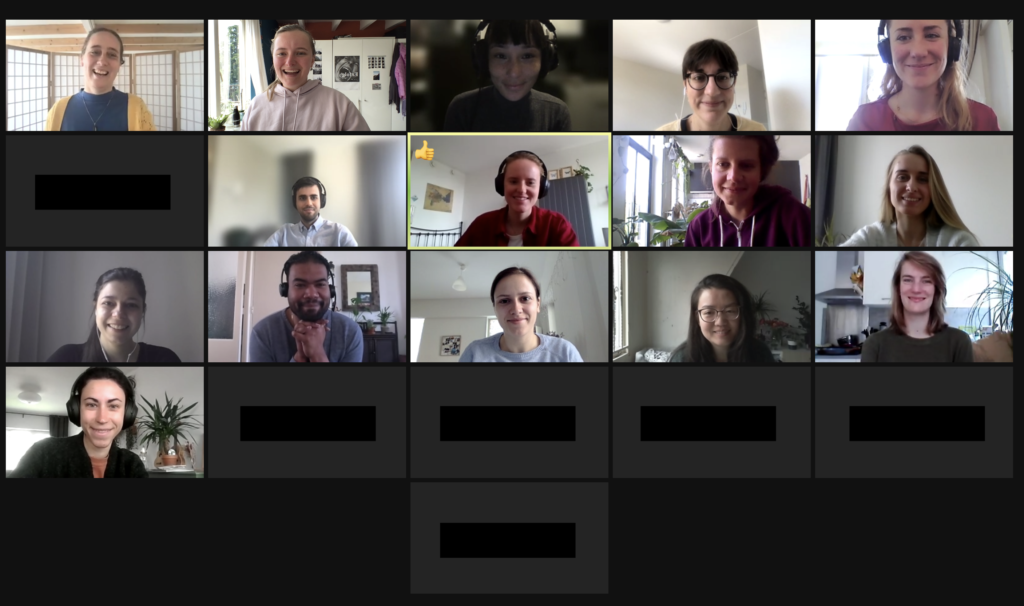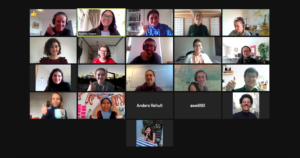Doing a PhD can be a rollercoaster of emotions. It happens often that a PhD candidate experiences negative feelings. It’s important, yet difficult to know what to do.
In this on-campus workshop on “Emotional shadows: overcoming inner obstacles in the PhD journey”, Dr. Claartie van Sijl focused on disarming those “have-to’s” and “should-nots”, as well as those moments of inner doubts and other hindering emotions. The workshop started with PhDs sharing and discussing with peers about their own inner obstacles. Then, they were guided to identify and transforming the disastrous convictions in them. For example, “I want everything to be just right before I can start” was transformed to “I began making one tiny, little start”. Next, PhDs played an interactive game with peers on how to use resources (e.g., social connections, on-line resources, professionals, co-workers) to lighten our emotional shadows.
In this way, participants gained some insights about the role that those negative feelings play in their life and work and developed easy tools to lighten our emotional shadows.
You can read more about dr. Claartie van Sijl at https://vansijl.com/

“Very fun and informative workshop.”
Anonymous participant
“It gave me not just the encourage but also the tools to face with and solve the emotional problems I have.”
Anonymous participant





